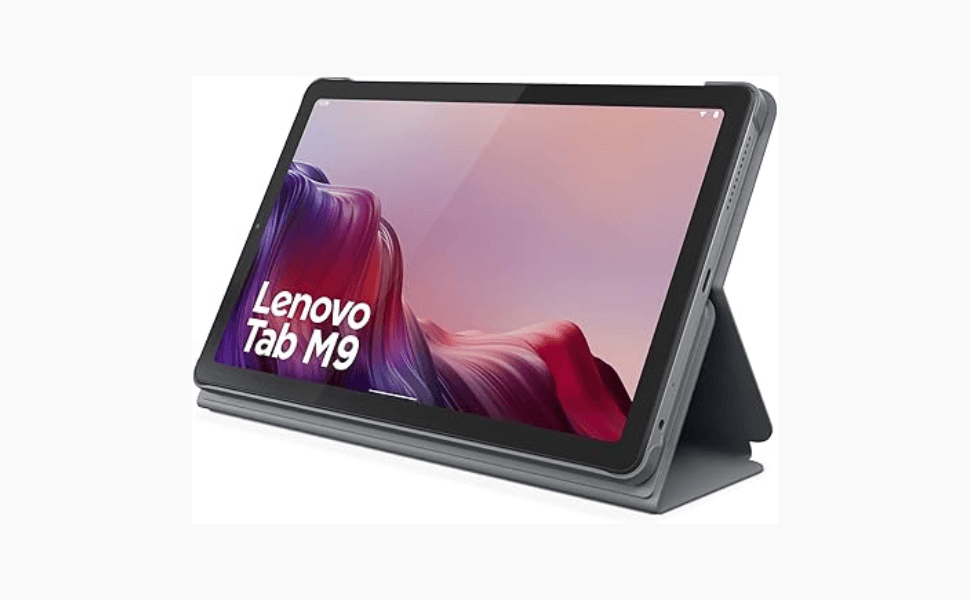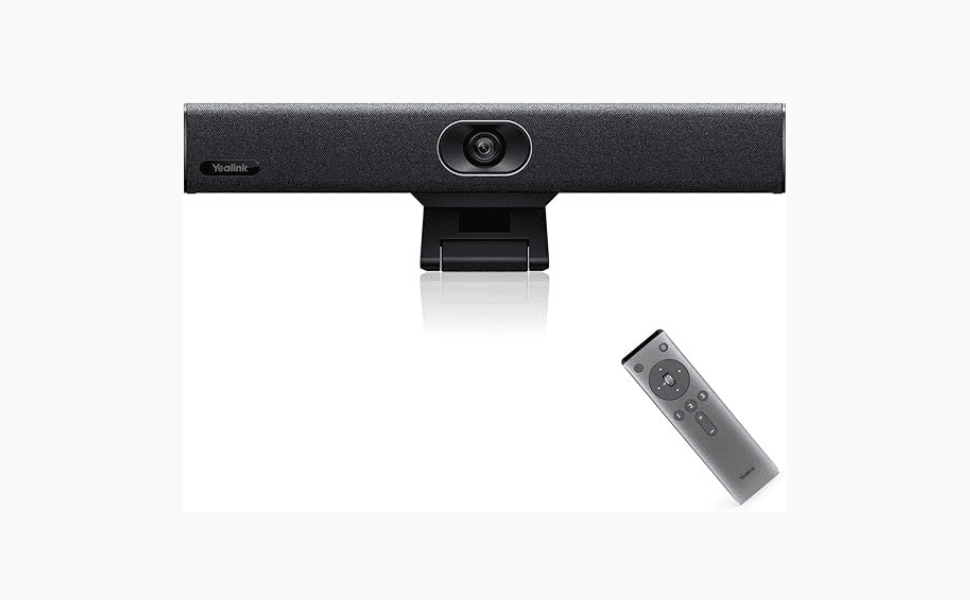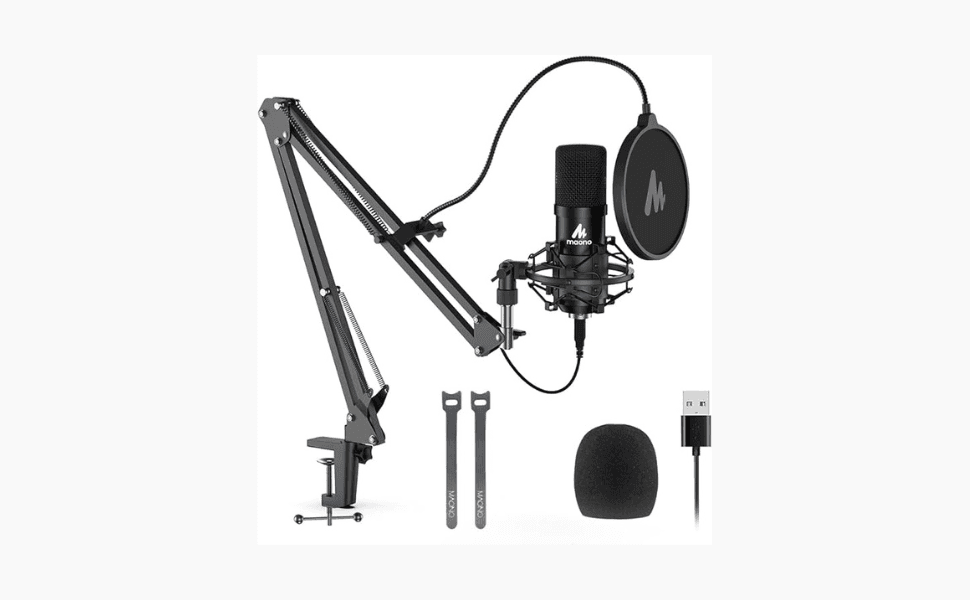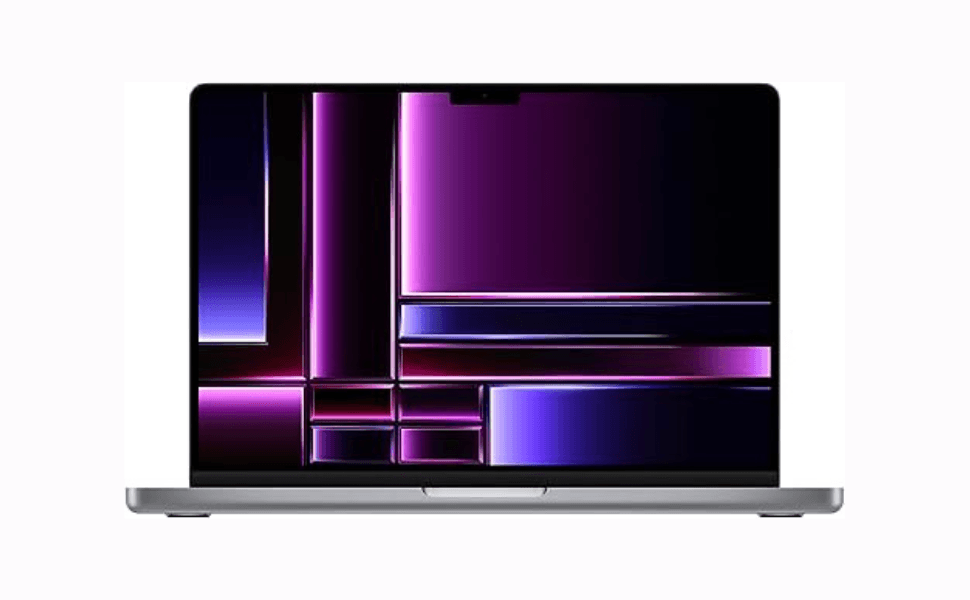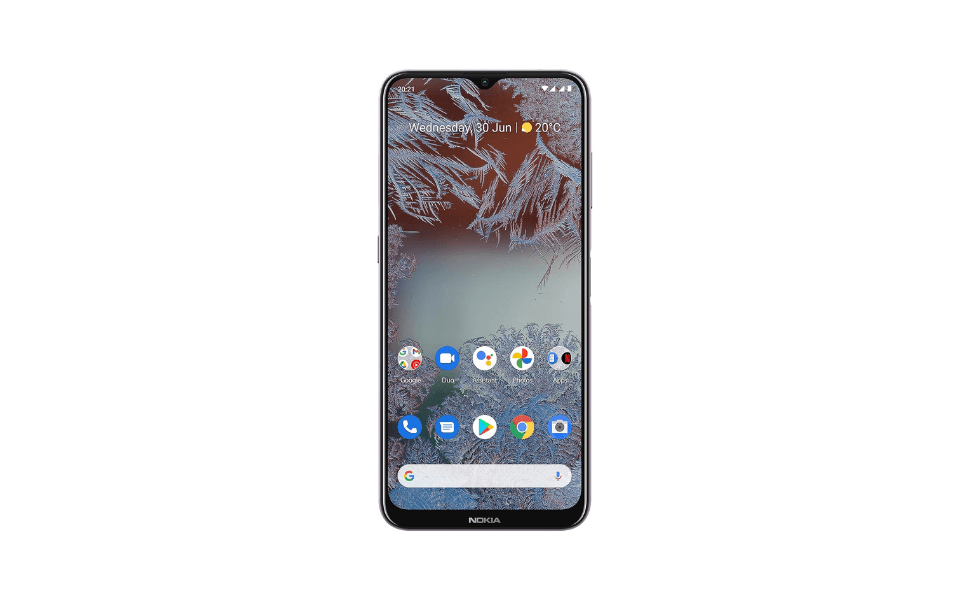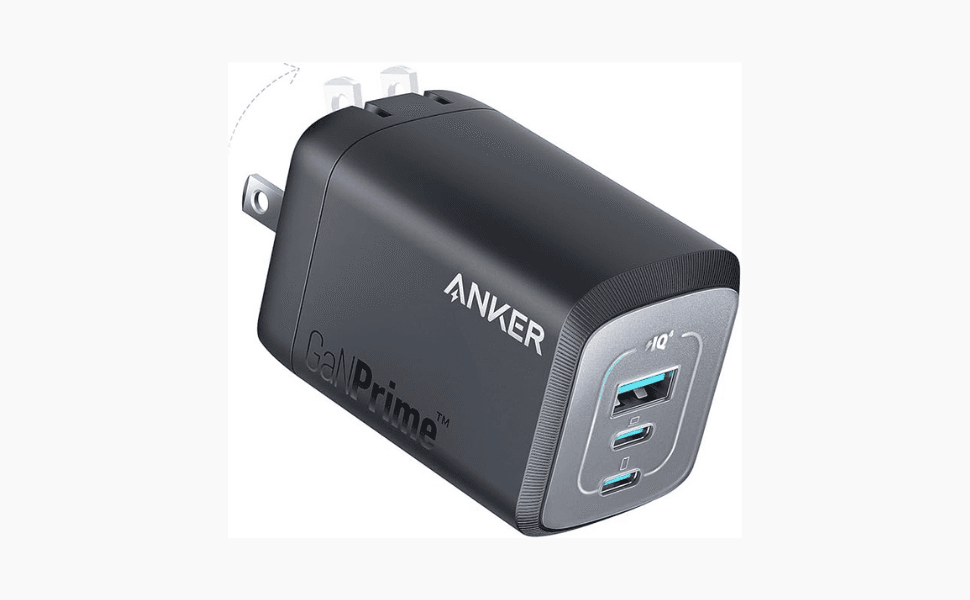This post contains affiliate links. If you make a purchase through these links, Snapnod may earn a commission at no extra cost to you. As an Amazon Associate, we earn from qualifying purchases.
Table of Contents
The Google Pixel 9 represents a significant evolution in smartphone technology, particularly in the realm of artificial intelligence integration. This comprehensive analysis examines how the device performs in real-world conditions, combining technical specifications with actual user experiences to provide a complete understanding of its capabilities and limitations.

Design Philosophy and Physical Characteristics
The Pixel 9's design reflects Google's growing confidence in hardware development, with several notable characteristics that distinguish it from its predecessors and competitors:
Physical Dimensions and Ergonomics
The phone's compact form factor has sparked considerable discussion:
- Height: 6.02 inches
- Width: 2.83 inches
- Thickness: 0.34 inches
- Weight: 6.7 ounces
User experiences reveal interesting perspectives on the size:
- Many users appreciate the compact design for one-handed use
- Some find it refreshingly manageable compared to larger competitors
- A minority of users, particularly those coming from larger phones, consider it too small
- The squared edges require an adjustment period for some users
Build Quality and Materials
The construction shows attention to durability:
- Glass front and back panels
- Premium feel noted by multiple users
- Improved water resistance (verified by real-world accidents)
- Some users note the slippery nature of the glass back
Display Technology
The 6.3-inch Actua display introduces several improvements:
Technical Specifications
- Resolution: 2340 x 1080 pixels
- Refresh rate: 120 Hz
- Technology: OLED
- Screen-to-body ratio optimization
Real-World Performance
Users consistently report:
- Excellent visibility in various lighting conditions
- Smooth scrolling and animation
- Clear text reproduction
- Natural color reproduction
Camera System Innovation
The camera system represents one of the Pixel 9's most significant achievements:
Hardware Configuration
Primary camera specifications:
- 50 MP main sensor
- 48 MP ultrawide camera
- Advanced macro focus capabilities
- Enhanced low-light performance

AI Photography Features
The integration of artificial intelligence creates several unique capabilities:
- Add Me Feature
- Allows self-inclusion in group photos
- Natural integration of subjects
- Consistent lighting matching
- Seamless blending
- Best Take Technology
- Intelligent facial expression selection
- Multiple shot combination
- Group photo optimization
- Natural result delivery
- Magic Editor
- Scene recomposition tools
- Background manipulation
- Lighting adjustment
- Perspective correction
User Photography Experience
Real-world usage reveals consistent themes:
- Exceptional low-light performance
- True-to-life color reproduction
- Consistent quality across various conditions
- Simple yet powerful editing tools

Artificial Intelligence Integration
The incorporation of Gemini represents a significant advance in smartphone AI:
Gemini Capabilities
The AI assistant provides several key functions:
- Natural Language Processing
- Improved conversation flow
- Context maintenance
- Topic switching handling
- Real-time response generation
- System Integration
- Deep OS integration
- App interaction capabilities
- Smart device control
- Contextual awareness
Real-World AI Performance
User experiences highlight several aspects:
- Daily utility in various tasks
- Learning curve considerations
- Integration with Google services
- Battery impact management
Performance and Hardware
The technical foundation supports advanced features:
Processing Capabilities
- 12 GB RAM configuration
- Advanced CPU architecture
- Neural processing optimization
- Thermal management system
Storage Options
Two configurations available:
- 128 GB base model
- 256 GB expanded storage
- No microSD expansion (noted by some users)
- Cloud storage integration
Battery Life and Charging
Power management shows significant improvement:
Battery Specifications
- 4700 mAh capacity
- Fast charging support
- Wireless charging capability
- Reverse wireless charging
Real-World Endurance
User reports consistently indicate:
- Full day battery life under normal use
- 5-6 hours of screen time
- Quick charging capabilities
- Efficient standby power management
Software Experience
Android 14 implementation shows careful optimization:
Operating System
The stock Android experience provides:
- Clean interface design
- Minimal bloatware
- Regular security updates
- Seven years of software support
Feature Integration
Users appreciate several aspects:
- Smooth performance
- Intuitive navigation
- AI feature accessibility
- Regular feature updates
Connectivity and Compatibility
The device offers broad network support:
Network Capabilities
- 5G compatibility
- Wi-Fi 6E support
- Bluetooth 5.3
- NFC functionality
Carrier Support
Universal compatibility includes:
- All major US carriers
- MVNOs support
- International network compatibility
- eSIM support
Value Proposition
The pricing strategy reveals interesting market positioning:
Cost Analysis
Base pricing considerations:
- $799 standard retail price
- Frequent promotional pricing
- Carrier incentives
- Trade-in opportunities
Competition Comparison
Market position relative to competitors:
- Premium features at mid-range price
- Strong camera system value
- AI feature exclusivity
- Long-term support advantage
Long-Term Considerations
Several factors affect long-term ownership:
Durability
User experiences indicate:
- Robust construction
- Water resistance effectiveness
- Screen durability
- Case necessity
Software Support
Google's commitment includes:
- Seven years of updates
- Security patch regularity
- Feature additions
- Performance optimization
User Experience Patterns
Common themes emerge from user feedback:
Positive Aspects
Consistently praised features:
- Camera system quality
- AI integration
- Battery life
- Clean software
Consideration Points
Areas for potential improvement:
- Size preferences vary
- Glass surface slipperiness
- Limited storage options
- Learning curve for AI features

The AI-First Smartphone
The Google Pixel 9 represents a significant step forward in smartphone evolution, particularly in its integration of artificial intelligence. Its combination of advanced camera capabilities, sophisticated AI features, and refined hardware creates a compelling package for users seeking a premium Android experience.
The device's strengths in photography and AI assistance make it particularly appealing for users who prioritize these features. The compact form factor, while potentially polarizing, offers a refreshing alternative in a market dominated by larger devices.
For potential buyers, the decision largely depends on personal priorities. Those valuing camera quality, clean software, and AI integration will find the Pixel 9 extremely satisfying. The promised seven years of software support adds significant value to the long-term proposition.
However, users should consider their preferences regarding phone size and storage options, as these aspects might influence satisfaction with the device. The Pixel 9's pricing, particularly during promotional periods, often makes it an excellent value proposition in the premium smartphone segment.
The Pixel 9 successfully delivers on Google's vision of an AI-first device while maintaining strong fundamentals in areas like battery life, performance, and build quality. It represents a mature product that balances innovation with reliability, making it a strong contender in the 2024 smartphone market.


